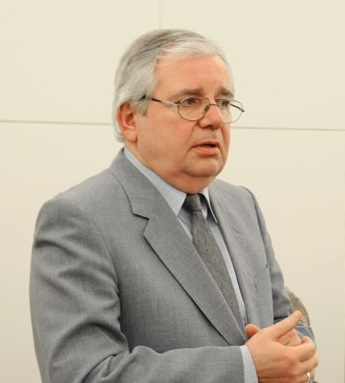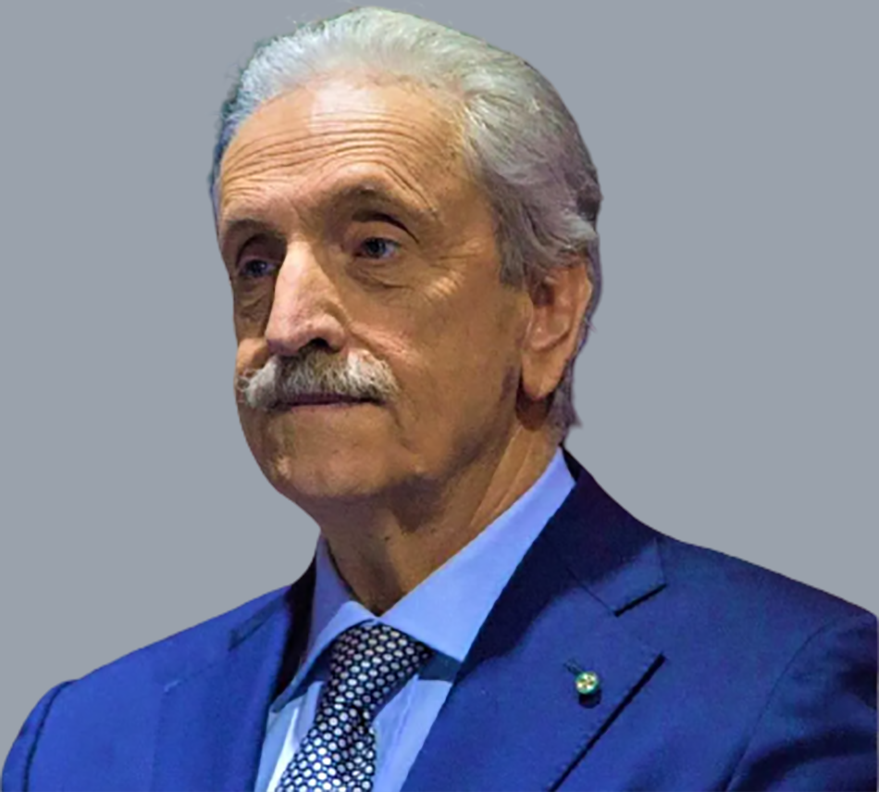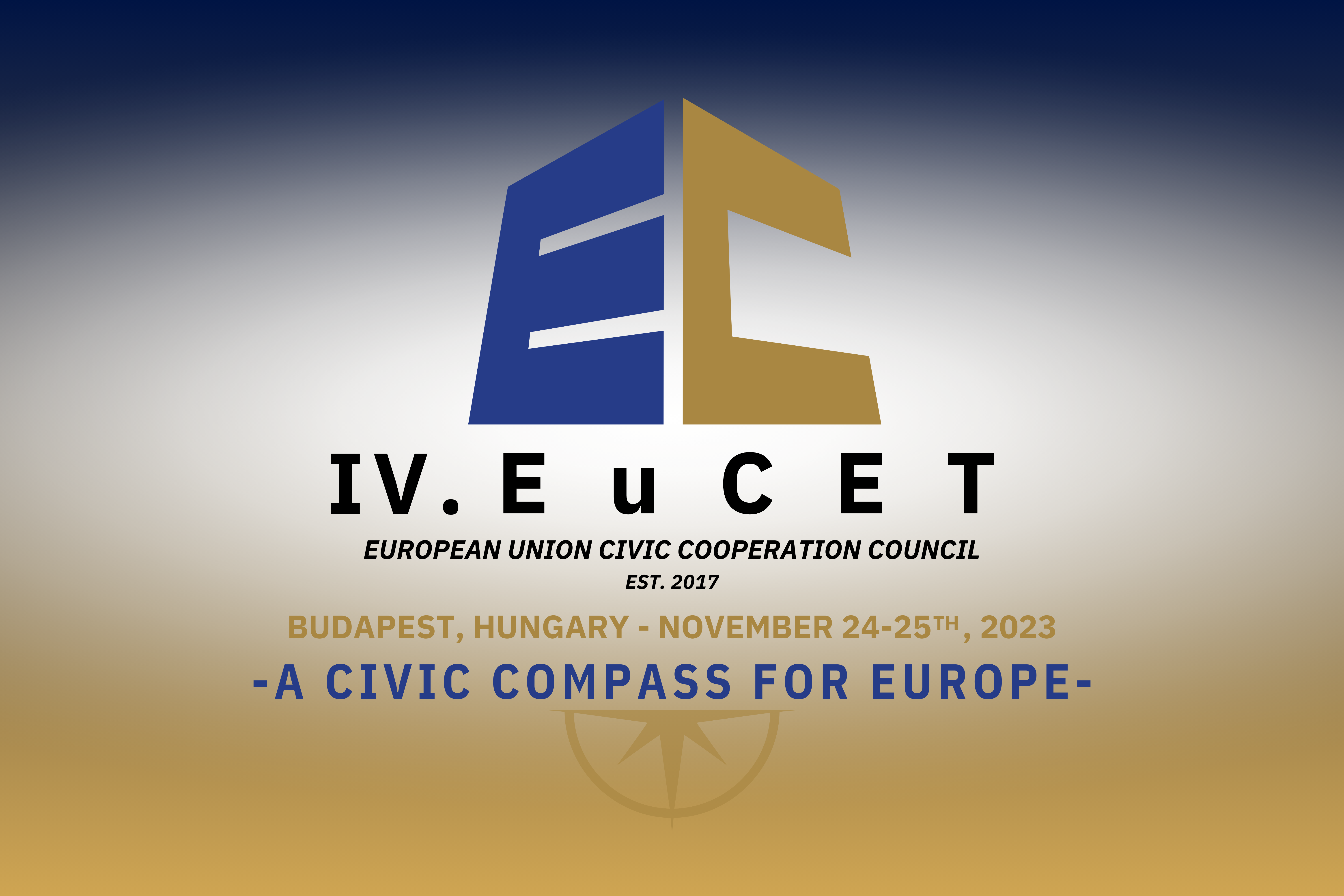Publications
 Augusto Cocchioni
Augusto Cocchioni
Worker Participation in Enterprise Management for Post-Pandemic Challenges
The idea of participation, i.e. the active involvement of workers in the management of companies, is an old one. It has various facets, ranging from institutionalised information and consultation to outright co-determination, i.e. the active presence of workers’ representatives in the decision-making bodies of their company, whereby workers take part in strategic decisions and share the economic results of the firm.
Tomasz Sakiewicz, Editor-in-Chief of Gazeta Polska, and László Csizmadia, President of CÖF-CÖKA, in Budapest, renew cooperation between NGOs from the two countries.
Tomasz Sakiewicz, Editor-in-Chief of Gazeta Polska, and László Csizmadia, President of CÖF-CÖKA, in Budapest, renew cooperation between NGOs from the two countries.
Sweden needs a scenario like the Hungarian
Swedes will go to the polls in a historic election on 11 September. For the first time in their modern history, there is a viable alternative government that embraces genuine conservative and national values. This coalition is made up of the Liberal Conservatives, the Christian Democrats and my own former party, the Sweden Democrats - a national-minded, social conservative party.
 EuCET
EuCET
THE FUTURE OF EUROPE THE OPINION OF THE EUROPEAN UNION CIVIL COOPERATION COUNCIL’S MEMBER ORGANISATIONS
While the European Economic Community was characterised by successful economic and social development, the European Union was rather home to crises and unsolved problems. Of these problems and signs of crises, we consider the following to be the most substantial.
Appeal to the peoples of former socialist countries
A brutal war is being waged in the European Union between the disciples of normality and abnormality, morality and amorality, restricted sovereignty and full subjection, i.e. between nation states and federalists.
 Segreteria Generale Rapporti Internazionali
Segreteria Generale Rapporti Internazionali
Contribution to the booklet \"THE FUTURE OF EUROPE\" by Segreteria Generale Rapporti Internazionali
The inadequacy of the current European Union is increasingly evident, as the recent story of the tragic vaccine supply mess has also shown. The need to reform it on a new moral, political, social and economic basis is increasingly pressing.
 EuCET
EuCET
On the Future of the European Union
On 9 January 2020, a number of leading personalities in the European Parliament, including Guy Verhofstadt, Manfred Weber, Iratxe García Pérez, Ska Keller, and Helmut Scholz, in representation of the liberal, Christian democratic, socialist, green, and left-wing groups, submitted a motion for a resolution to the European Parliament recommending a conference on the future of Europe.
Open letter to Charles Michel
We are now witness to the European Parliament attempting to overthrow this clear and firm decision with the assistance of the Commission.
OPEN LETTER TO THE PRESIDENTS OF THE EUROPEAN COMMISSION AND THE EUROPEAN PARLIAMENT
The majority of the Hungarian people find it hard to bear that the European Parliament and the social liberals attack the decisions passed by the legitimate, democratically elected National Assembly.
 EuCET
EuCET
Open letter
OPEN LETTER TO THE PRESIDENTS OF THE EUROPEAN COMMISSION AND THE EUROPEAN PARLIAMENT
 EuCET – European Union Civil Cooperation Council
EuCET – European Union Civil Cooperation Council
Draft regulation on the citizens\' initiative
This Regulation sets out the procedures and conditions applicable to the citizens’ initiative, in line with Article 11 of the Treaty on European Union and Article 24 of the Treaty on the Functioning of the European Union.
 EuCET – European Union Civil Cooperation Council
EuCET – European Union Civil Cooperation Council
A reform of the European citizens’ initiative
The main changes recommended for the institution of the European citizens’ initiative, based on the new draft act submitted on 12 January.
 EuCET – European Union Civil Cooperation Council
EuCET – European Union Civil Cooperation Council
The European citizens’ initiative didn’t work out - in the future, let’s let the EP decide!
The essence of the European citizens’ initiative is to request the European Commission to propose legislative proposals in cases where the EU has the competence to enact legislation. A citizens’ initiative has to be supported by at least 1 million EU citizens from at least 7 of the 28 Member States. The minimum number of signatures has to be collected in each of the 7 Member States.
Demographic suicide in Europe, an existential challenge, no less
Demographic suicide in Europe, an existential challenge, no less
 The Leadership of the CÖF-CÖKA
The Leadership of the CÖF-CÖKA
OPEN LETTER
Based on the ideology of a Europe of nations, we would like to alter the negative process that has led to the gradual relaxing of institutional democracy in the EU over the course of the past 15-20 years, and to its final emptying; we would like these recommendations to create a responsible community of integration that is actionable and dedicated to the citizens of the nations that make up the EU.
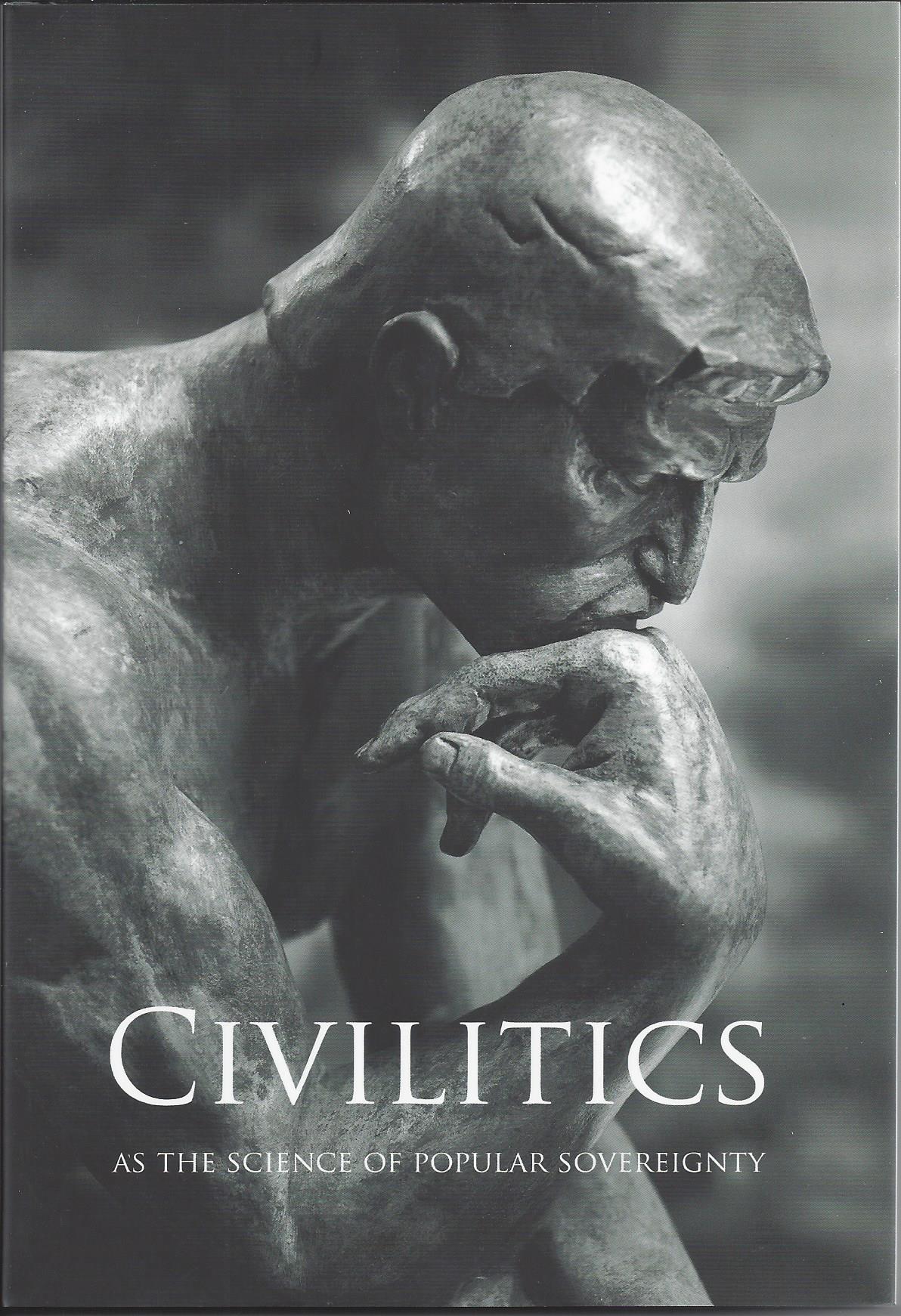 Dr. László Csizmadia, Dr. Tamás Fricz, Dr. Zoltán Lomnici, Jun., Dr. Miklós Papp
Dr. László Csizmadia, Dr. Tamás Fricz, Dr. Zoltán Lomnici, Jun., Dr. Miklós Papp
Civilitics as the science of popular sovereignty
Knowledge and distortion of political science nowadays serves party politics, and often takes advantage of the gullibility of human nature. If, for example, a fair government is based on the three branches of power, in other words the system of checks and balances, then a precursor to the optimal operation of this system could be the parallel existence of politics and civilitics.
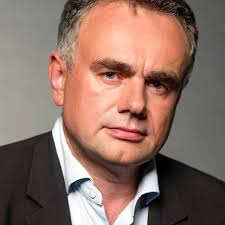 Tomasz Sakiewicz
Tomasz Sakiewicz
Tomasz Sakiewicz, editor-in-chief of Polish Gazeta Polska, talks about the creation of an international network of Polish and Hungarian conservative NGOs.
Tomasz Sakiewicz, editor-in-chief of Polish Gazeta Polska, talks about the creation of an international network of Polish and Hungarian conservative NGOs to give more weight to their ideas in the European Union. These NGOs reject the increasingly centralized European Union and instead support the vision of a Europe of Free Nations.
 Dr. Tamás Fricz
Dr. Tamás Fricz
Divisions within Europe, the Crisis of the European Union and Civil Society
Europe, and the European Union, are at a crossroads. In this search for direction, a defining role must be played by those governments, parties and civil organisations that seek to defend the traditional face of the continent, its way of life, traditions and morals, whereby it has set an example and provided direction for the entire world for centuries.
 Tomasz Sakiewicz
Tomasz Sakiewicz
A Europe of Free Nations
Debates about the European Union have always been inextricably linked to debates over European values. But do all nations of the continent share these values? Do these values originate in the traditions of these nations, and are they generally accepted? Are these values desirable for the European elite? The determination of this European canon in question has various implications, in particular in political and cultural terms.
 Civil Cooperation Council
Civil Cooperation Council
Final statement of the European Union Civil Cooperation Council’s (EuCCC) founding meeting Budapest 25 April, 2019
Confirming the goals of the EuCCC\\\\\\\'s intellectual foundation, we believe that the reform of the European Union dreamed by the Christian-Democratic ancestors, including Adenauer and Schuman is especially relevant. There is an urgent need for reorientation of the community integration which has been strongly demaged in terms of its historical and cultural identity. We believe that today, Europe needs more than ever to strengthen Christian culture and cultural identity, as the main foundation for Europe\\\\\\\'s modern organizational form, to defend the Christian ideals that have shaped Europe for centuries.
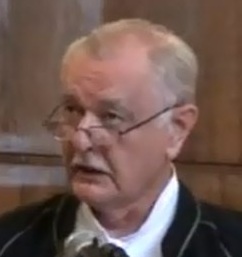 Zsolt Zétényi
Zsolt Zétényi
Timely tenets of the historical constitution to aid the interpretation of the European and Hungarian constitutionality.
According to traditional interpretation the historical constitution of Hungary comprises of the decrees and laws of the entire thousand-year history of Hungary, plus the customary law, including the court decisions, and also the strictly relevant jurisprudential and political publications, therefore – in our opinion – all this can be considered as the achievements of the historical constitution.
 Zoltán Lomnici
Zoltán Lomnici
Practical issues of constitutional identity and national sovereignty in the European Union
In this study I aim to examine the problems of constitutional identity and national sovereignty, the possible reactions of Member States in this regard, and finally, the potential ways for our country to break out of this situation relying on constitutional law so as to defend our constitutional identity. As an introduction to the matter, it is worth clarifying the definitions of national sovereignty and European integration, and to examine the limits of the competences of EU institutions as defined in the founding treaties.
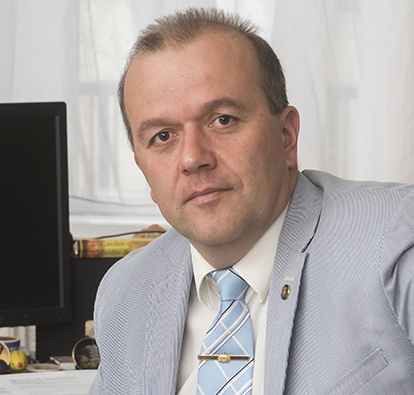 Tamás Gaudi-Nagy
Tamás Gaudi-Nagy
European values and globalist-patriophobic assaults against national identity and the defence against same, by national state, legal and civil rights protective measures.
Nowadays, increasingly more Europeans deem that we feel Europe with our hearts, we build and defend it with our hands, but we can only preserve it with our faith and our courage. Because a colossal danger is threatening traditional European national communities. They want to crush the subsidiarity and solidarity of our unprecedented European values that have crystallised over centuries, and especially our national identity, Christian faith and culture, on the basis of scenarios of unprecedented magnitudes and extremely cunning schemes and unsustainable background power plans. We can agree that the European Union “must not turn into some centralizing steamroller which will destroy the diversity of lifestyles and even out natural differences.” It is particularly important for Europe to safeguard its versatility and to avoid being forced into some sort of European state cage.
 Piotr Kroczek
Piotr Kroczek
Polishness in the Preamble of the 1997 Constitution of the Republic of Poland
According to its dictionary meaning, the term “Polishness” means Polish character, features pertaining to the group of Polish characteristics.213 In this paper, we aim to answer the following questions: Is the Preamble of the 1997 Constitution of the Republic of Poland214 a holder of Polishness, and does it express Polishness? Several methods and tools are available for us to examine the notion of Polishness. These come from various academic disciplines, including sociology, linguistics, ethnography, etc. Jurisprudence can also contribute to the examination and analysis of Polishness.
 Paweł Czubik
Paweł Czubik
The maze of European Union legislation: An analysis of Regulation No 650/2012 on matters of succession based on selected questions – qui prodest?
If anyone asked me how the private law of any community of states in economic cooperation should be created so that it serves the citizens to the highest degree, my answer would be that it should start with the harmonisation of substantive law. First, the states should create a situation where the interpretation and application of similar legal institutions are very similar, and in some cases, even identical. Naturally, there are solutions that exclusively specific to the legal culture of a given state (making harmonisation difficult), but for the majority of substantive civil law institutions, national solutions emanate from the same source of law, namely Roman law and the Great Enlightened Codifications based on it.
 Miklós Völgyesi
Miklós Völgyesi
Judicial and Legal Interpretation. Conflict between the Principle of Popular Sovereignty and the Power Institutions of the European Union
In the democratic rule of law of the European Union, the unified principle of popular sovereignty is brought into action in the operation of state powers, as those eligible to vote will then cast their votes directly resulting in a majority decision, on the program of competing parties in a free and secret process. The former election victories and defeats of major political parties showcase the fact that the “people” exercising supreme power cast their votes based on party preferences, unwavering political commitments, election campaigns that often contain unscrupulous promises, but basically emotional motivation. These factors, individually or collectively, explain the most important reasons influencing election victory.
Remarks on state sovereignty in light of the Lotus case
International law is based on the sovereignty of states. This sovereignty forms the regulatory principle of that law. In spite of the regular attacks against it by some supporters of the doctrine over recent years, sovereignty still constitutes the basis of law. International law originates from states and ends with states. This is not affected by the fact that it is addressed to individuals, and that individuals have specific, robust rights within states, the best example of which are human rights.
 Katarzyna Kaczmarczyk-Kłak
Katarzyna Kaczmarczyk-Kłak
Composition of the National Council of the Judiciary in the light of the Constitution of the Republic of Poland of 2 April 1997
The literature states that the National Council of the Judiciary may be characterised as administrative/self-governing/political246 in its nature, but it should be emphasised that its ‘most political’ component is a group consisting of members elected by the Sejm from among deputies and two members elected by the Senate from among senators.247 I share the opinion that, given its diverse composition (Article 187(1) of the Constitution), the National Council of the Judiciary is inherently complex and cannot be seen as a judicial authority.
 Czesław Kłak
Czesław Kłak
Application of the Attorney General for the examination the compliance of Article 267 of the Treaty on the Functioning of the European Union with the Constitution of the Republic of Poland of 2 April 1997
Application of the Attorney General for the examination the compliance of Article 267 of the Treaty on the Functioning of the European Union with the Constitution of the Republic of Poland of 2 April 1997. Analysis of the applicant’s arguments and the submission of the Minister of Foreign Affairs
